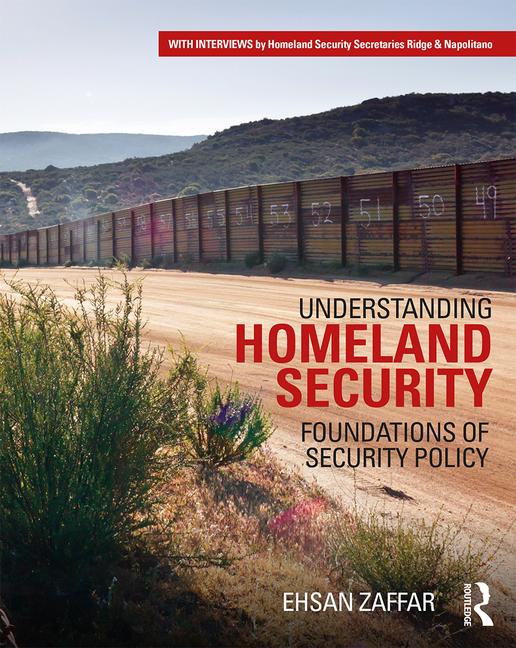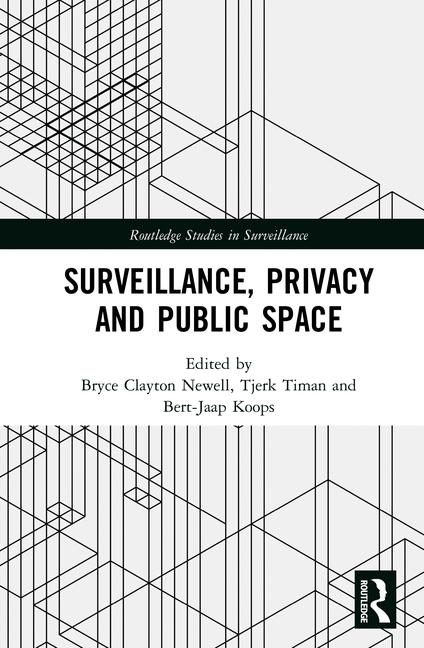San Jose, Calif. has become the 11th U.S. city to drop the controversial alarm management practice known as “verified response.” Under this program, police do not respond to residential or business burglar alarms unless someone has verified a crime has taken place or is in progress. A verification could be an alarm with audio feedback where the monitoring company has heard evidence of criminal activity, an alarm with video feedback showing evidence of possible criminal activity or a verification by any person that has responded to the location and found some proof of criminal activity.
San Jose switched to verified response in 2011 due to reduced police resources. The decision to drop verified response came as property crime increased by about 3 percent, fueled by a projected 17 percent increase in burglaries in more than 4,500 cases.
"As the department rebuilds and gets stronger, and as residential and commercial burglaries increase, the need to respond to these calls for service is critical," states an Aug. 31 memo from Edgardo Garcia, San Jose chief of police. "To address the current crime trend, patrol officers will respond to verified and/or unverified burglary, panic, duress and robbery alarm calls that are either silent or audible."
“San Jose is just the latest example of why verified response is either never considered or rejected by the vast majority of the nation’s 18,000 law enforcement agencies,” said Stan Martin, SIAC executive director. “Comments from citizens in San Jose demonstrate that the policy undermines confidence in local public safety agencies and their ability to protect the community."
Joanie Andrews, manager of client relations and education at Sonitrol of Silicon Valley, which serves San Jose, said that while Sonitrol was able to verify most break-ins through audio or visual, problems would arise when a door alarm would go off but there was no audio or video to verify anything criminal.
"If we got a door close and didn't have audio to back it up, we could not dispatch San Jose PD, so we would have to dispatch a security guard company to check things out," said Andrews. "If the security guard company finds there is something going on, then we have the ability to dispatch San Jose PD."
"Verified response is nothing more really than non-response," Martin said. "They stand no chance in apprehension or helping people in the community, and it doesn’t solve anything. There's no reason to stop responding to everybody, and we've been talking about this for several years. People will say verified response is a better use of police resources or that police end up responding to crimes faster, but those are fallacies. Alarms are low priority already, so police get diverted to more important events when they need to be, and that’s fine. But the point is that [without verified response] the bad guys don’t know if the police are around the corner or an hour away, and that is a strong deterrent."









